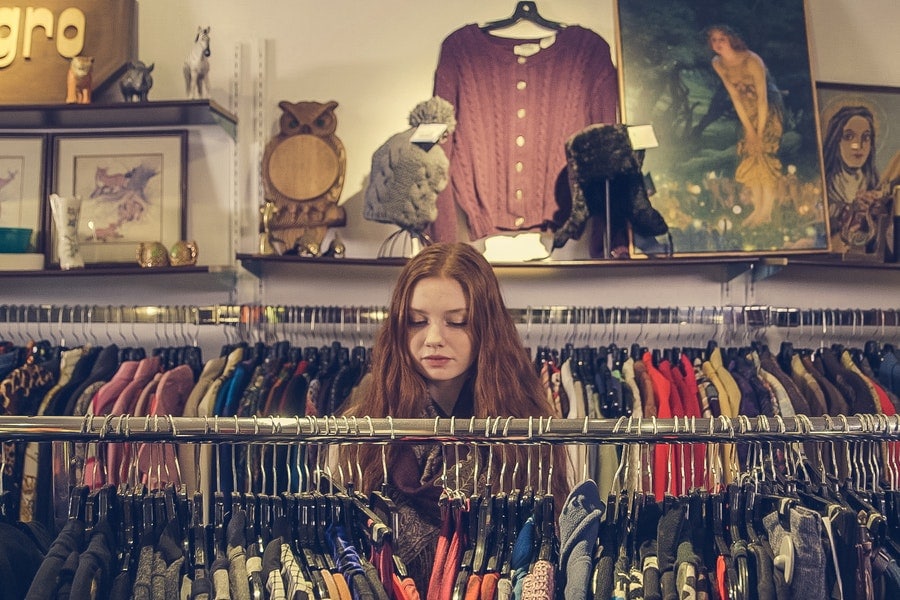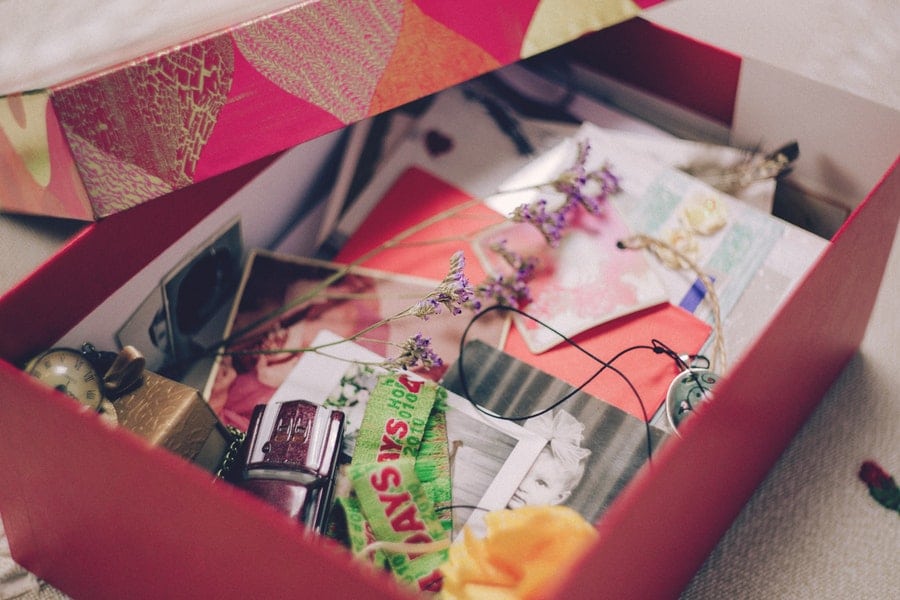When people hold onto items, there’s often a reason. It might be sentimental, or it might be something they think they can use later. Maybe they just haven’t gotten around to getting rid of it, or there’s some other type of attachment they have to the item. Because of the emotions that can come with items, along with the issues of time and money, letting go of items isn’t always easy. Fortunately, for people who want to let items go, there are some ways to make doing so less stressful. Here’s what to consider, in order to say goodbye to all that stuff that’s really just sitting around, collecting dust in a home.
1. Does It Bring Happiness?
If the stuff inside a house doesn’t bring joy to the people who live there, why do they keep that stuff? Sure, there are some things that have to stay for practical reasons, but most of the stuff people bring into their home doesn’t, technically, have to be there. It’s just stuff, and it’s frequently an accumulation of all kinds of things that were once important in life. Many of the things people have, though, aren’t really important any longer. They might not make the people happy, either, mostly because those things have been forgotten or overlooked. If it’s not bringing happiness and it’s not required, it really shouldn’t be in the home.
2. Can Someone Else Use It?

Planning to let go of stuff can be easier when it’s going to a good cause. In short, if someone else can use it, getting rid of it’s going to feel better. For anyone who’s not sure about getting rid of a few of the items in their home, asking friends and family members if they could use those things is a good start to letting go. The chances are high, especially if it’s a big family or a large group of friends, that someone will be able to use what someone else doesn’t need or want anymore. Recycling unneeded things to other people is an excellent way to let stuff go and feel better about not owning that item anymore.
3. Donate to Charities and Second-Hand Shops

If there aren’t family members or friends who want the stuff someone’s letting go of, the next best option can be second-hand stores and charities. Many of these places will be glad to get gently used items that can be re-sold to someone else. As long as the items are in good shape, there are places they can be donated. It’s best to ask around, or check with the shops and charities individually, though, to find out what kinds of items they need and accept. That way the right things can be taken to the right places, so they’ll eventually end up in the hands of people who want and need them. Your stuff could help others.
4. Does it Have Sentimental Value?

One of the biggest reasons someone doesn’t want to get rid of their stuff is due to sentimental value. Some things have meaning because those things once belonged to someone else, such as a loved one who passed away. The items might have also come from a vacation, a wedding, or some other time in life where a lot of good or important memories were attached. With that in mind, remember that the memories will still be there when the item is gone. Taking good pictures of the item before donating can also help.
5. Is It Used, or Is It In the Way?
For things that aren’t used a lot, or things that are just plain in the way, donating or otherwise letting go of stuff can be the right thing to do. People who get rid of stuff they aren’t using generally feel lighter and better about their lives, and can feel happier, too. Even if something was used in the past, that doesn’t mean it’s still valuable. If life has changed a lot and things aren’t getting used like they used to, it’s time to let them go instead of just letting them take up space. It usually feels much better when a space is less cluttered.
6. Let a Trusted Person Help With the Sorting
No matter how else someone decides to let go of things, getting a trusted person to help sort through the stuff can be a great choice. That’s because a person who doesn’t own the things can give a more objective opinion, and help determine whether the items are actually needed or whether it would be better to let them go. That person doesn’t get the final say, of course, but their input can be very valuable when deciding what to keep and what to let go.

